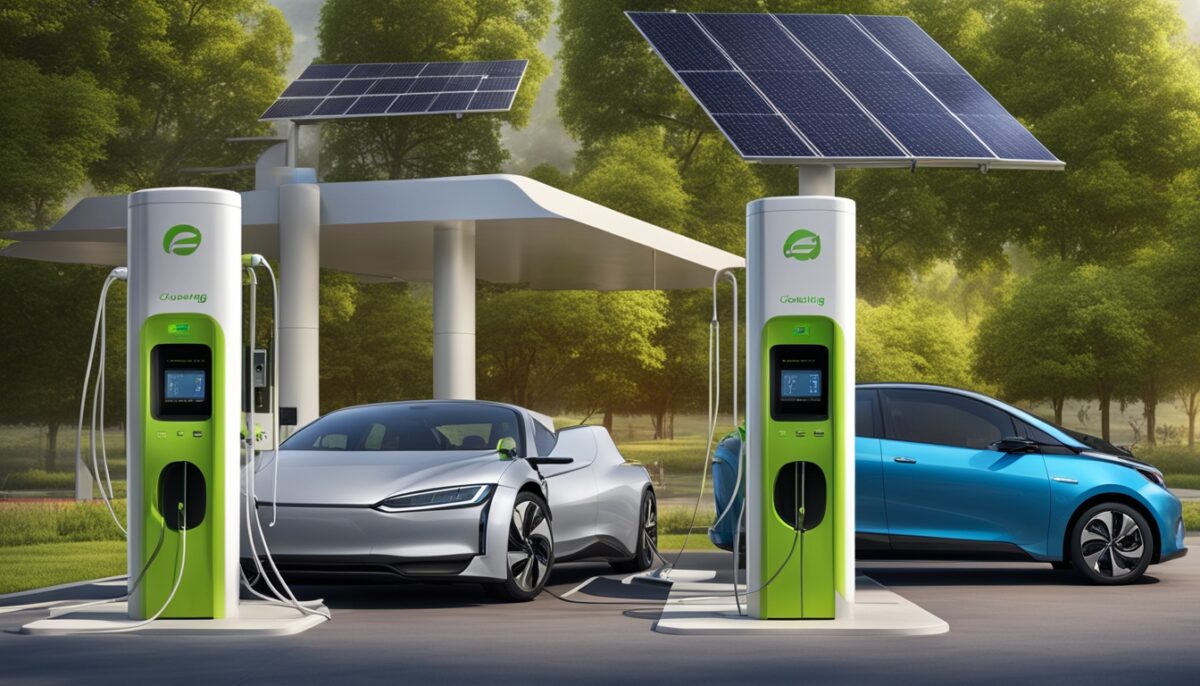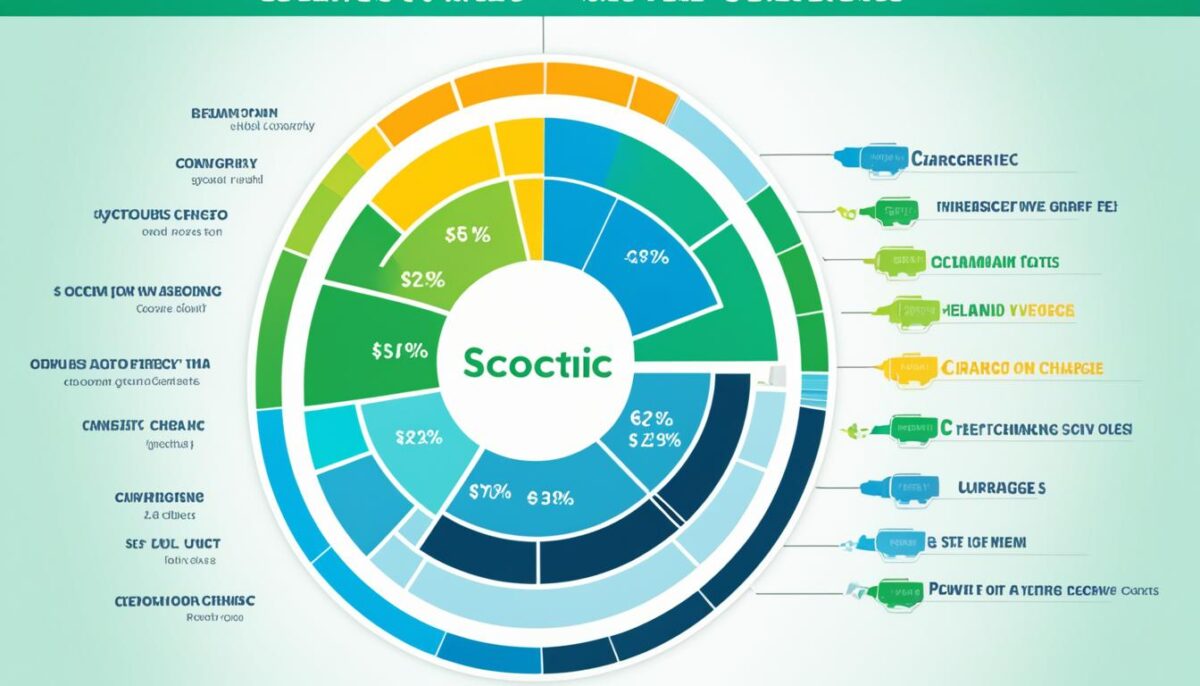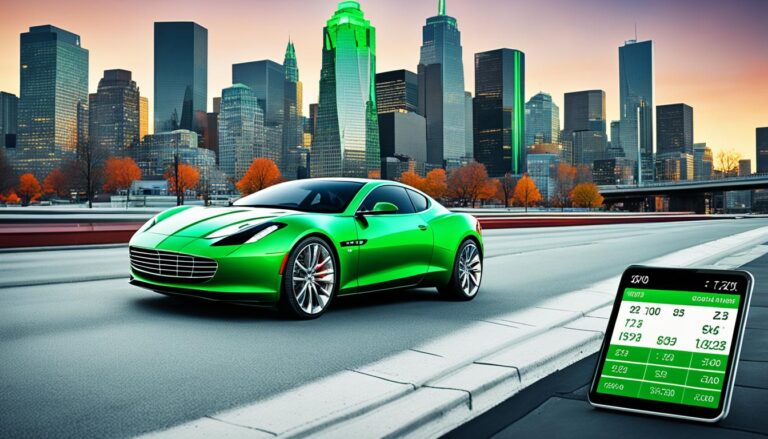As electric vehicles (EVs) continue to gain popularity, one of the key considerations for potential buyers is the cost of charging their cars. In this article, we’ll delve into the actual costs associated with powering up your electric ride, exploring the various factors that influence these expenses and providing a clear breakdown of what EV owners can expect to pay.
From the electricity rates in your area to the type of charging setup you have, several elements come into play when it comes to the true cost of charging an electric vehicle. By understanding these factors, you’ll be better equipped to make an informed decision and budget accordingly for your EV’s energy needs.
Whether you’re charging at home or relying on public charging stations, we’ll examine the pros and cons of each option, helping you determine the most cost-effective solution for your driving habits and lifestyle. By the end of this article, you’ll have a clear understanding of the financial implications of keeping your electric car powered up and ready to go.
Demystifying the Costs of Charging an Electric Vehicle
Charging an electric vehicle (EV) can be influenced by a variety of factors, from the type of EV you own to the electricity rates in your area. As you navigate the world of EV charging, it’s essential to understand these key elements and how they contribute to the overall cost of powering up your vehicle.
Factors Influencing Charging Costs
The cost of charging an EV can be impacted by several variables, including:
- Type of electric vehicle: Different EV models have varying battery sizes and charging capabilities, which can affect the amount of electricity required and the time it takes to charge.
- Charging equipment: The type of charging station, whether it’s a basic Level 1 outlet or a more advanced Level 2 or DC fast charger, can impact the cost per kilowatt-hour (kWh) of electricity used.
- Electricity rates: The price of electricity in your local area can vary significantly, affecting the overall cost of charging your EV at home or using public charging stations.
- Charging location: Charging at home is generally more cost-effective than using public charging stations, which may come with additional fees or higher electricity rates.
Comparison: Home vs. Public Charging
When it comes to the costs of charging an electric vehicle, the decision between charging at home or using public charging stations can have a significant impact on your wallet. Let’s take a closer look at the key differences:
| Factor | Home Charging | Public Charging |
|---|---|---|
| Electricity Rates | Typically lower residential rates | May include additional fees or higher rates |
| Convenience | Charge your EV at your own convenience | Dependent on availability and location of public charging stations |
| Cost Per kWh | Generally more cost-effective | Can be more expensive per kWh |
By understanding the factors that impact EV charging costs and the differences between home and public charging, you can make an informed decision about the best charging solution for your needs and budget.

Actually Costs Charge Electric Vehicle: Breaking it Down
As electric vehicles (EVs) continue to gain popularity, it’s essential to understand the detailed breakdown of the costs involved in charging them. In this section, we’ll explore the various expenses associated with powering your electric car, empowering you to make informed decisions about your long-term ownership.
The primary cost factor in charging an EV is the electricity consumption. The amount of electricity required to recharge your vehicle will depend on factors such as the battery size, driving habits, and charging efficiency. On average, it’s estimated that the electricity cost to charge an EV ranges from $0.05 to $0.15 per mile, depending on your local electricity rates.
In addition to the electricity costs, EV owners may also encounter equipment maintenance expenses. This includes the upkeep and potential replacement of home charging stations or public charging infrastructure, which can vary depending on the type of equipment and the frequency of usage.
| Expense Category | Average Cost |
|---|---|
| Electricity Consumption | $0.05 – $0.15 per mile |
| Home Charging Station Maintenance | $50 – $200 per year |
| Public Charging Fees | $0.10 – $0.40 per kWh |
| Taxes and Fees | Varies by location |
Moreover, drivers who utilize public charging stations may incur additional fees, which can range from $0.10 to $0.40 per kWh. These costs can vary depending on the charging network, location, and any applicable taxes or surcharges.
By understanding the detailed breakdown of these charging costs, EV owners can better plan and budget for the long-term ownership of their electric vehicles. This knowledge can also help identify opportunities to optimize charging strategies and potentially reduce overall expenses.

“Embracing the transition to electric vehicles requires a comprehensive understanding of the associated costs. This detailed breakdown equips EV owners with the knowledge to make informed decisions and maximize the financial benefits of their eco-friendly transportation choice.”
Maximizing Cost Savings with Electric Vehicle Charging
As an electric vehicle (EV) owner, we understand the importance of keeping charging costs low and manageable. Fortunately, there are several strategies we can implement to maximize our cost savings when it comes to powering our eco-friendly rides. By leveraging home charging setups and taking advantage of off-peak electricity rates, we can ensure that the cost of recharging our EVs remains as affordable as possible.
Many utility providers offer special EV charging rates or time-of-use plans that allow us to take advantage of lower electricity prices during off-peak hours. By scheduling our charging sessions during these periods, we can significantly reduce the overall cost of keeping our EVs powered up and ready to go. Additionally, some local governments and incentive programs may offer rebates or other financial incentives to EV owners who install home charging stations, further enhancing our potential for cost savings.
By implementing these tips and strategies, we can maximize our cost savings when it comes to charging our electric vehicles. Whether it’s leveraging home charging setups, taking advantage of off-peak rates, or utilizing available incentives, there are plenty of ways for us to keep the costs of powering our eco-friendly cars as low as possible.



